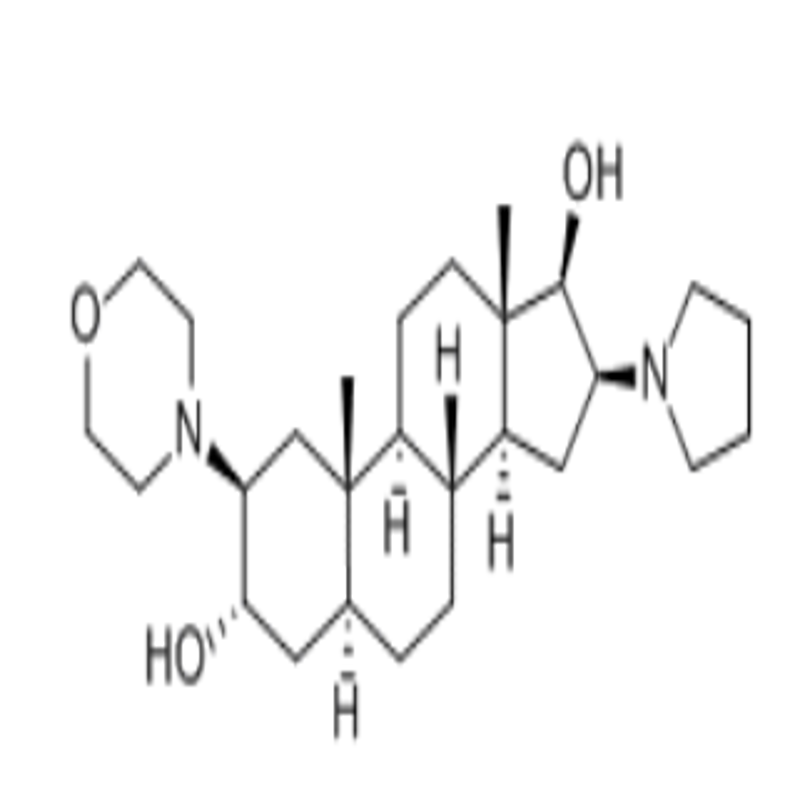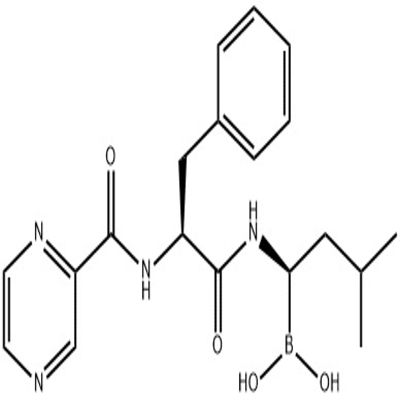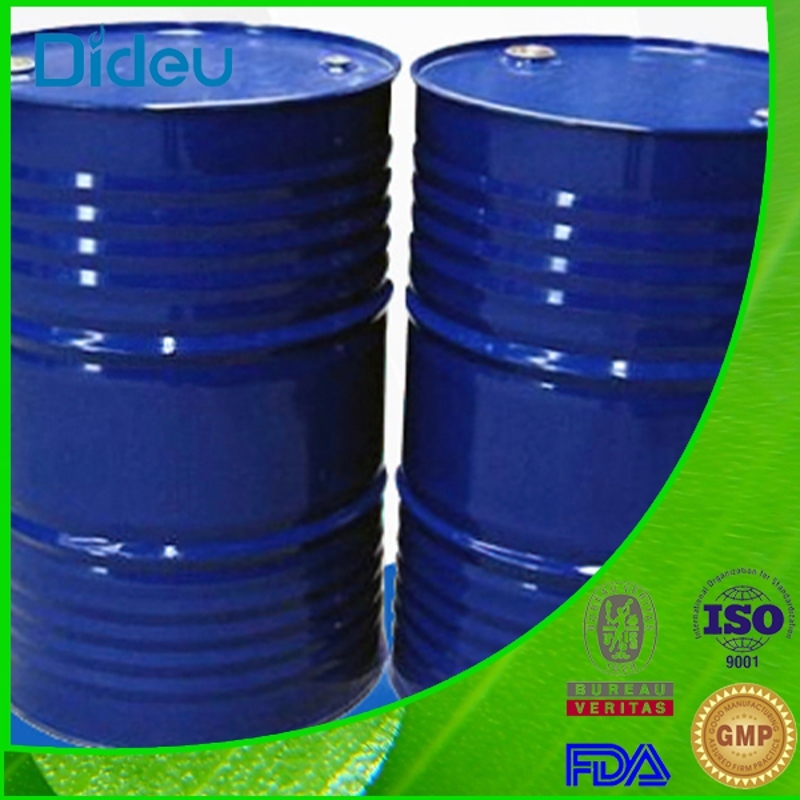-
Categories
-
Pharmaceutical Intermediates
-
Active Pharmaceutical Ingredients
-
Food Additives
- Industrial Coatings
- Agrochemicals
- Dyes and Pigments
- Surfactant
- Flavors and Fragrances
- Chemical Reagents
- Catalyst and Auxiliary
- Natural Products
- Inorganic Chemistry
-
Organic Chemistry
-
Biochemical Engineering
- Analytical Chemistry
-
Cosmetic Ingredient
- Water Treatment Chemical
-
Pharmaceutical Intermediates
Promotion
ECHEMI Mall
Wholesale
Weekly Price
Exhibition
News
-
Trade Service
The production process of 1-isoquinoline-methanol, also known as quinoline-methanol, involves several stages, including the preparation of raw materials, the reaction of the raw materials, and the purification and isolation of the final product.
- Preparation of Raw Materials
The production of 1-isoquinoline-methanol begins with the preparation of raw materials, including the reactants and solvents used in the reaction.
The reactant used in the production of 1-isoquinoline-methanol is anthranilic acid, which is derived from the amino acid tryptophan.
The solvent used in the reaction is methanol. - Reaction of Raw Materials
The next stage in the production of 1-isoquinoline-methanol is the reaction of the reactants in the presence of a catalyst.
In this case, the reaction is carried out in the presence of a strong acid catalyst, such as sulfuric acid or hydrochloric acid.
The reaction involves the condensation of anthranilic acid and methanol to form 1-isoquinoline-methanol. - Purification and Isolation of the Product
After the reaction is complete, the 1-isoquinoline-methanol is purified and isolated from the reaction mixture.
This is typically done through the use of various chemical techniques, such as filtration, crystallization, and distillation.
The purified 1-isoquinoline-methanol is then collected and stored for further use. - Quality Control
The final step in the production of 1-isoquinoline-methanol is quality control.
This involves testing the final product to ensure that it meets all necessary standards for purity, composition, and other characteristics.
This step is essential to ensure that the final product is safe and effective for use in various applications.
In summary, the production process of 1-isoquinoline-methanol involves several stages, including the preparation of raw materials, the reaction of the raw materials, the purification and isolation of the product, and quality control.
The process requires the use of various chemical techniques and the control of various reaction parameters to ensure the production of a high-quality final product.
The production of 1-isoquinoline-methanol is a complex process that requires a deep understanding of chemical reactions and the ability to control and manipulate reaction conditions to achieve the desired product.







